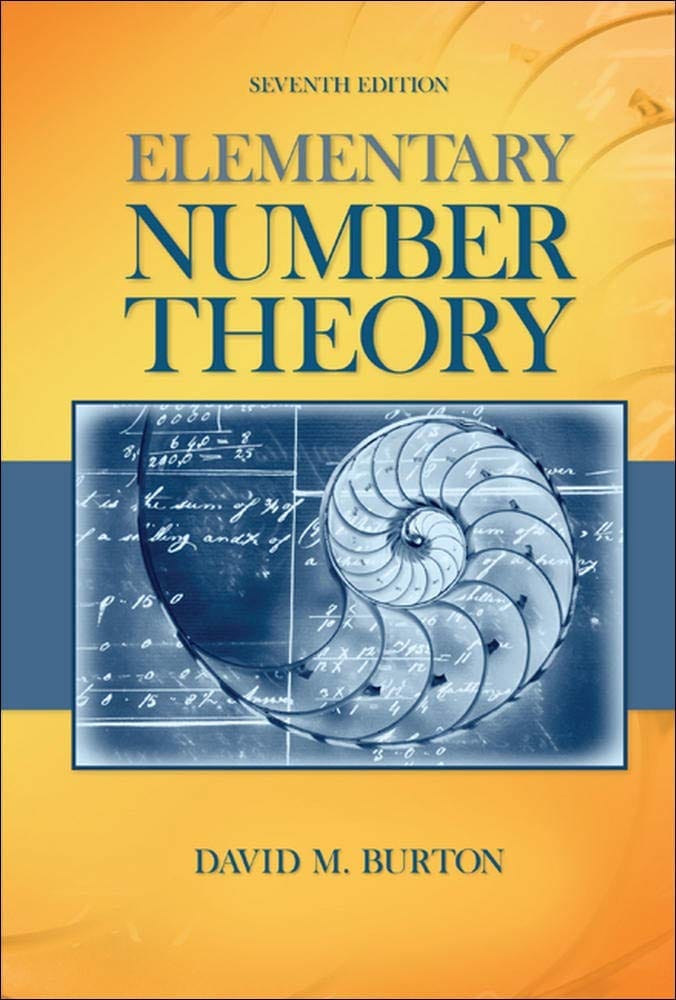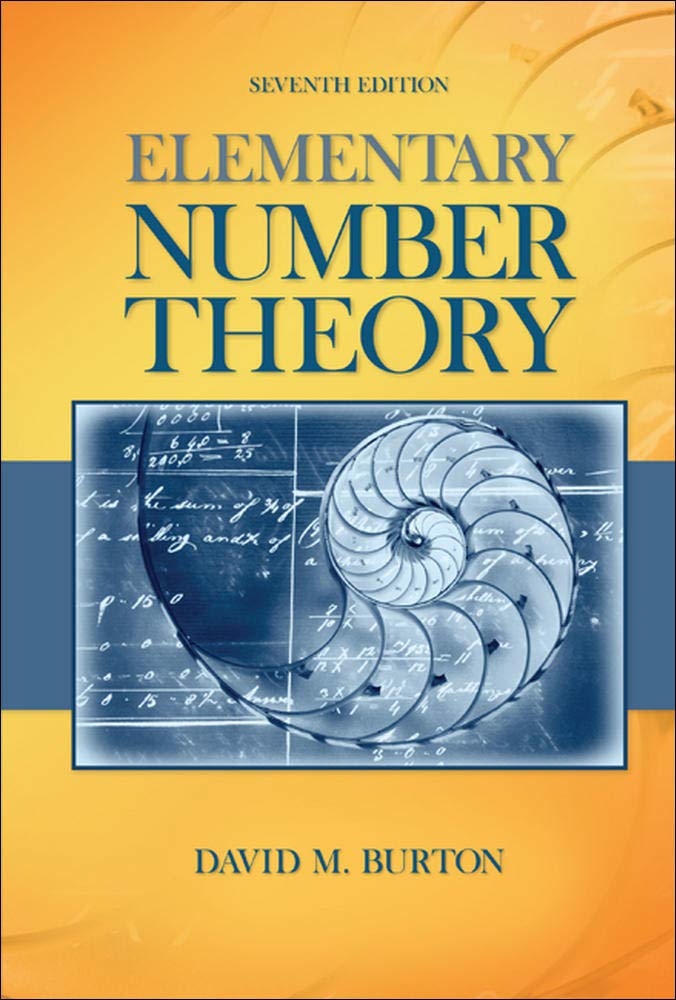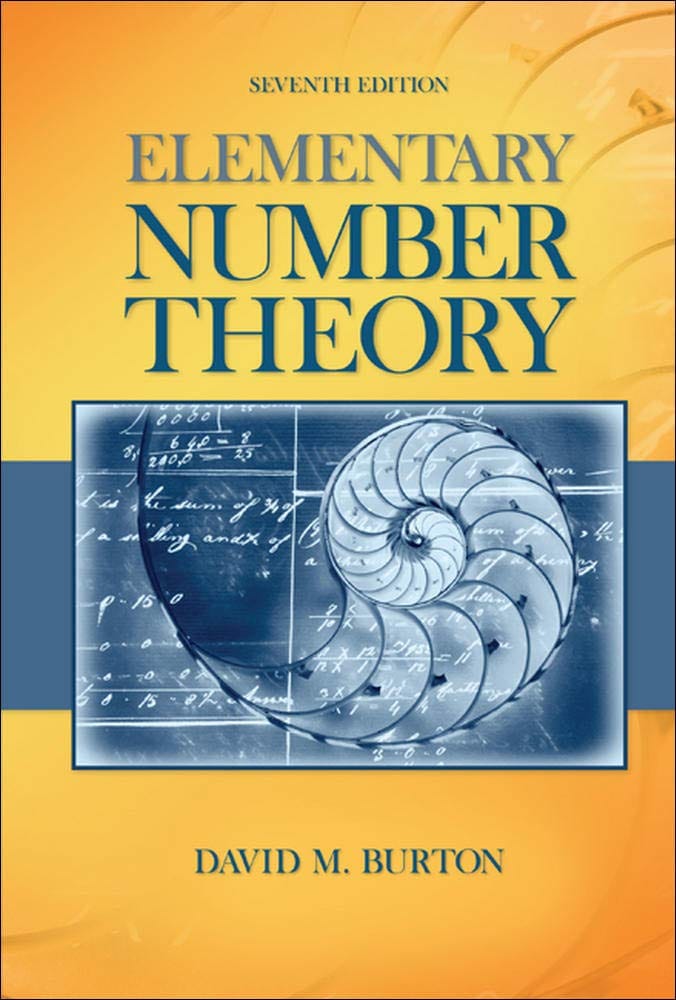
Elementary Number Theory Problems 4.3 Solution (David M. Burton's 7th Edition) - Q4
My Solution for "Without performing the divisions, determine whether the integers $176521221$ and $149235678$ are divisible by $9$ or $11$."
Table of Contents
Background
All theorems, corollaries, and definitions listed in the book's order:

I will only use theorems or facts that are proved before this question. So, you will not see that I quote theorems or facts from the later chapters.
Question
Without performing the divisions, determine whether the integers $176521221$ and $149235678$ are divisible by $9$ or $11$.
Solution
For $176521221$:
By Theorem 4.5,
$$ \begin{equation} \begin{split} 176521221 & \equiv 1 + 7 + 6 + 5 + 2 + 1 + 2 + 2 + 1 \\ & \equiv 27 \\ & \equiv 0 \pmod {9} \end{split} \nonumber \end{equation} $$Thus, $176521221$ is divisible by $9$.
By Theorem 4.6,
$$ \begin{equation} \begin{split} 176521221 & \equiv 1 - 2 + 2 - 1 + 2 - 5 + 6 - 7 + 1 \\ & \equiv -3 \\ & \equiv 8 \pmod {11} \end{split} \nonumber \end{equation} $$So, $176521221$ is not divisible by $11$.
For $149235678$:
By Theorem 4.5,
$$ \begin{equation} \begin{split} 149235678 & \equiv 1 + 4 + 9 + 2 + 3 + 5 + 6 + 7 + 8 \\ & \equiv 45 \\ & \equiv 0 \pmod {9} \end{split} \nonumber \end{equation} $$Thus, $149235678$ is divisible by $9$.
By Theorem 4.6,
$$ \begin{equation} \begin{split} 149235678 & \equiv 8 - 7 + 6 - 5 + 3 - 2 + 9 - 4 + 1 \\ & \equiv 9 \pmod {11} \\ \end{split} \nonumber \end{equation} $$So, $149235678$ is not divisible by $11$.
Read More: All My Solutions for This Book
Related Pages
Ranblog Newsletter
Join the newsletter to receive the latest updates in your inbox.


